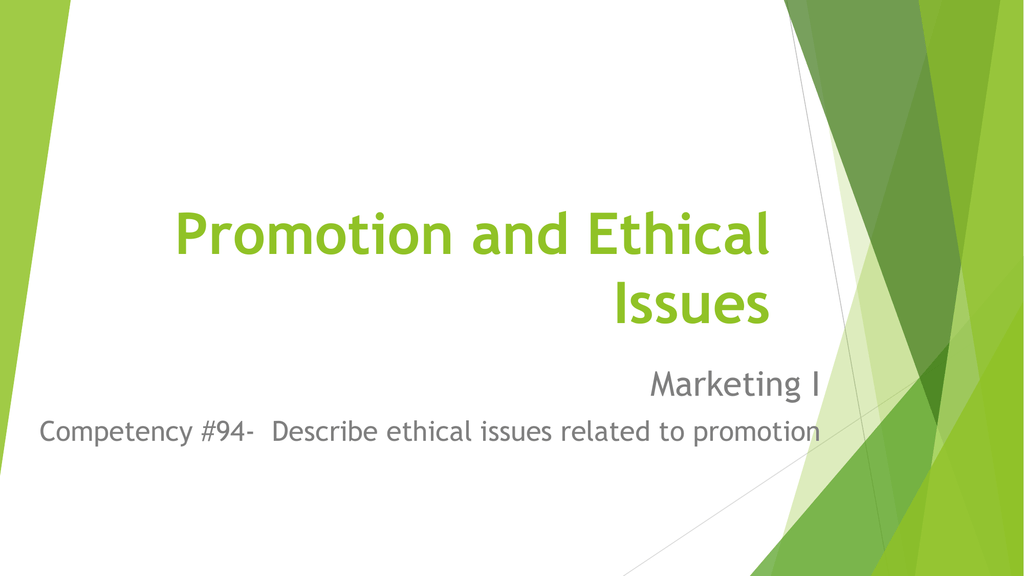Ethical problems in marketing refer to the potential for marketing practices to harm or deceive consumers, or to infringe upon their rights. These issues can arise in a variety of contexts, including advertising, product design and labeling, data privacy, and consumer protection. In this essay, we will explore some of the key ethical problems that marketers may encounter, and consider ways in which they can be addressed.
One of the most common ethical problems in marketing is the use of deceptive or misleading advertising. This can take many forms, such as making false or exaggerated claims about a product's benefits or attributes, or hiding important information from consumers. Deceptive advertising can harm consumers by leading them to make decisions that are not in their best interests, such as purchasing a product that does not meet their needs or expectations. It can also damage the reputation of the company and undermine consumer trust.
Another ethical issue in marketing is the potential for companies to exploit consumer vulnerabilities or manipulate their behavior. For example, companies may use targeted advertising or personal data to exploit consumers' emotional or psychological weaknesses, or to create an artificial sense of urgency or scarcity. This can lead to consumers making impulsive or irrational decisions, and can also raise concerns about data privacy and the protection of personal information.
A third ethical problem in marketing is the potential for companies to engage in practices that are harmful to the environment or to society. For example, companies may produce products that contribute to pollution or waste, or that exploit natural resources in an unsustainable way. Alternatively, they may engage in marketing campaigns that promote harmful or irresponsible behaviors, such as smoking or reckless driving. Such practices can have significant negative consequences for both consumers and society at large.
To address these and other ethical problems in marketing, companies can adopt a number of different approaches. One effective strategy is to implement internal policies and procedures that promote ethical conduct and compliance with relevant laws and regulations. This can include training programs for employees, as well as systems for monitoring and reporting potential violations. Companies can also adopt codes of conduct or ethical guidelines that set out clear standards for marketing practices, and can seek third-party certification or accreditation to demonstrate their commitment to ethical behavior.
In addition, companies can engage with stakeholders, such as consumers, NGOs, and regulatory authorities, to ensure that their marketing practices are transparent, responsible, and aligned with broader societal values. This can involve consultation and dialogue with these groups, as well as the development of partnerships and initiatives that address specific social or environmental challenges.
Overall, ethical problems in marketing can have significant negative consequences for both consumers and society, and it is important for companies to be aware of and address these issues. By implementing effective policies, procedures, and practices, companies can protect the interests of their customers, build trust and credibility, and contribute to a more sustainable and responsible marketing environment.






